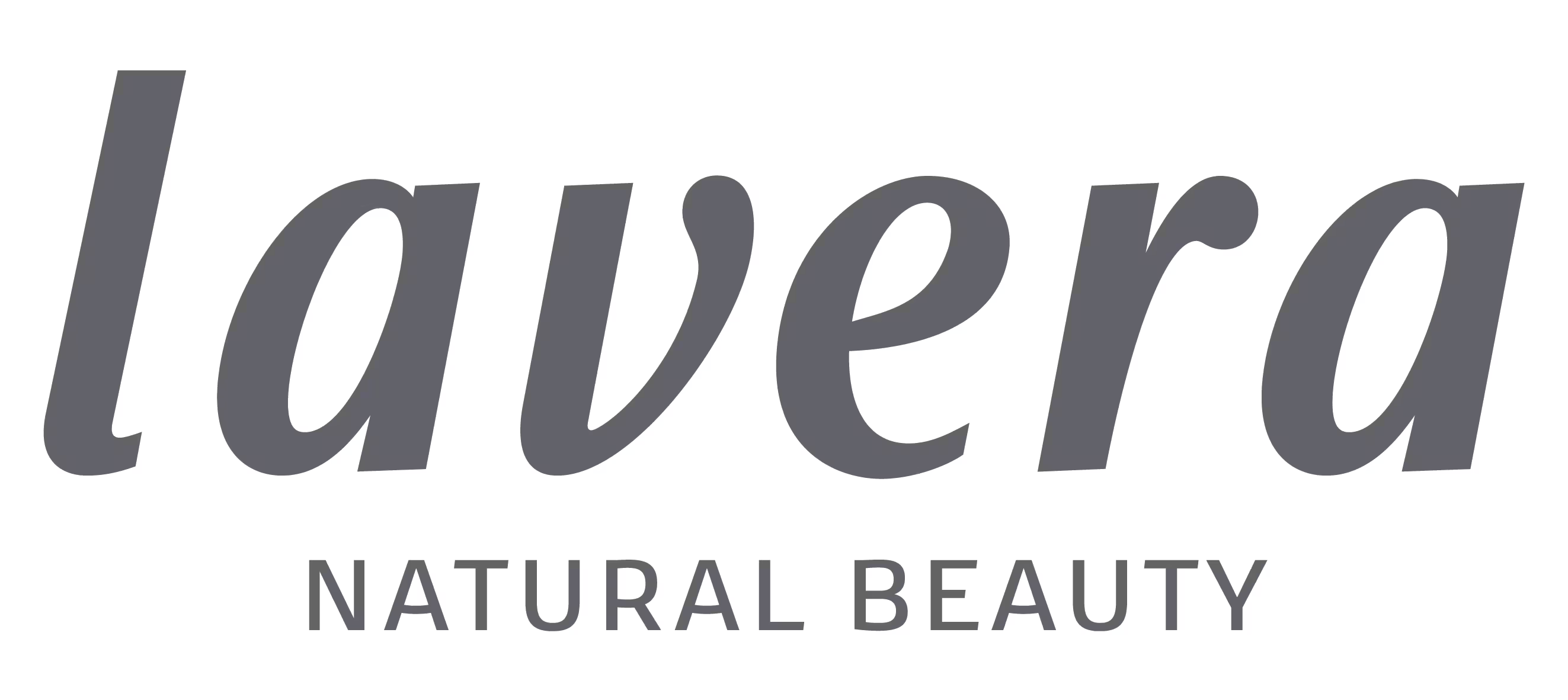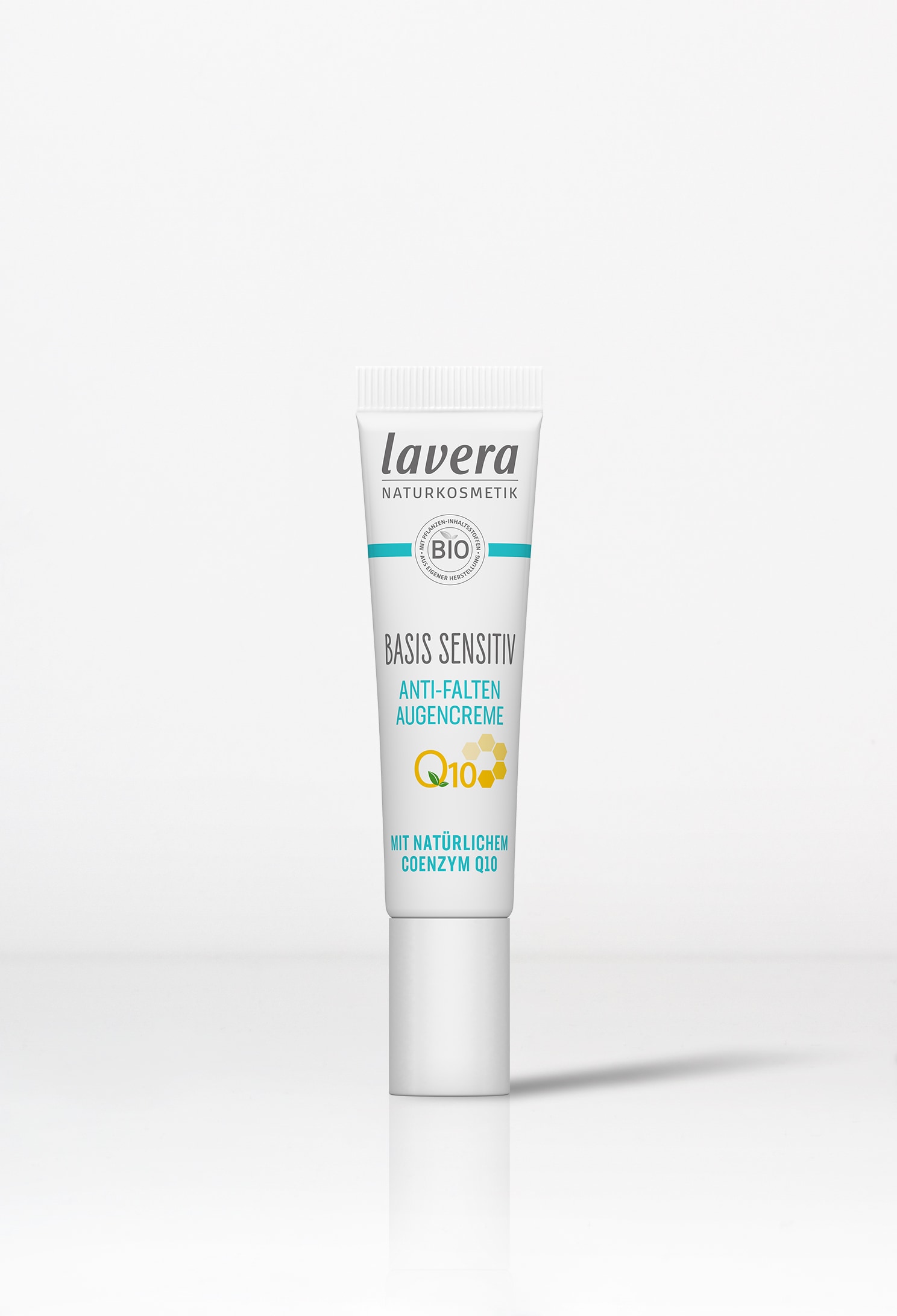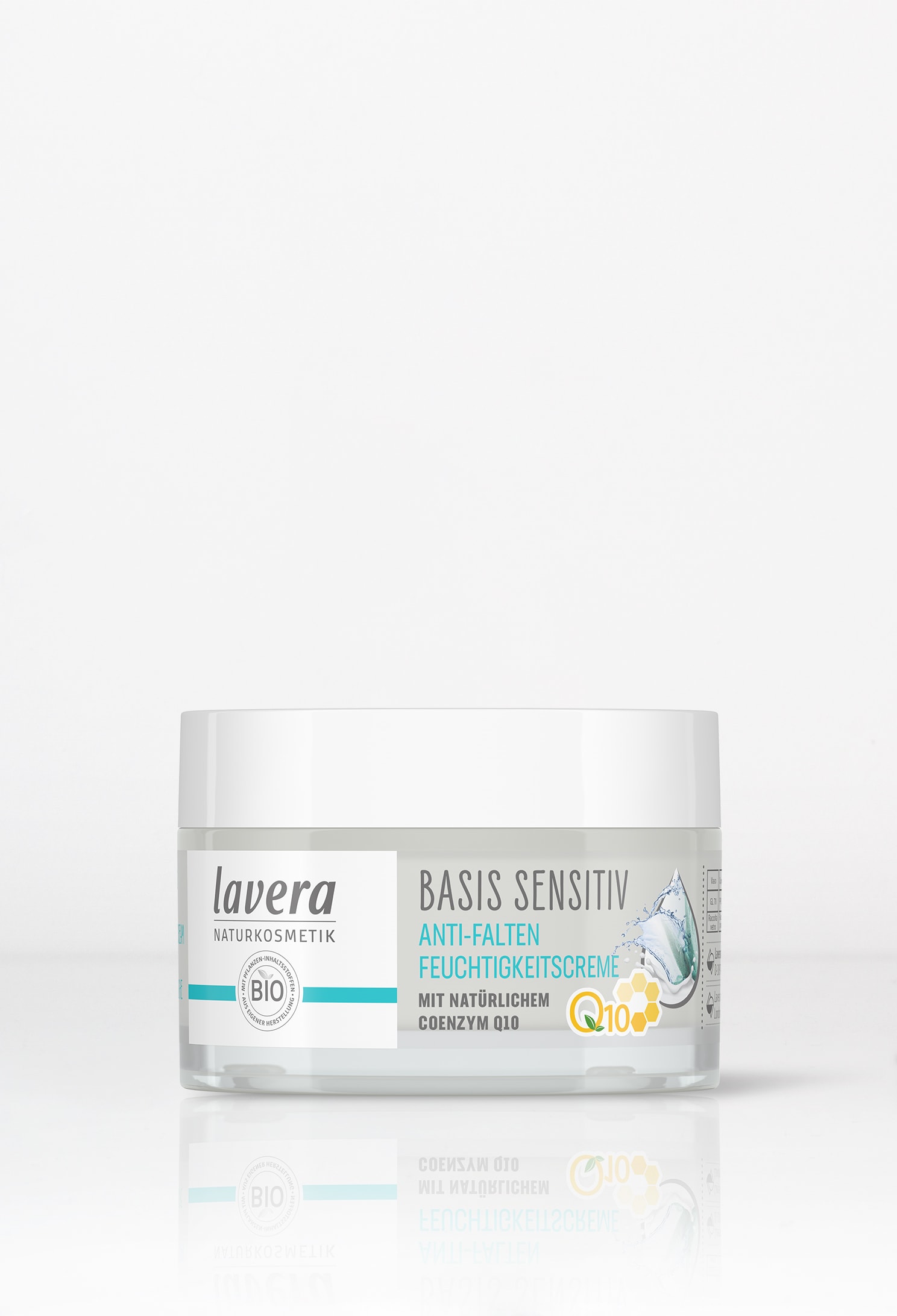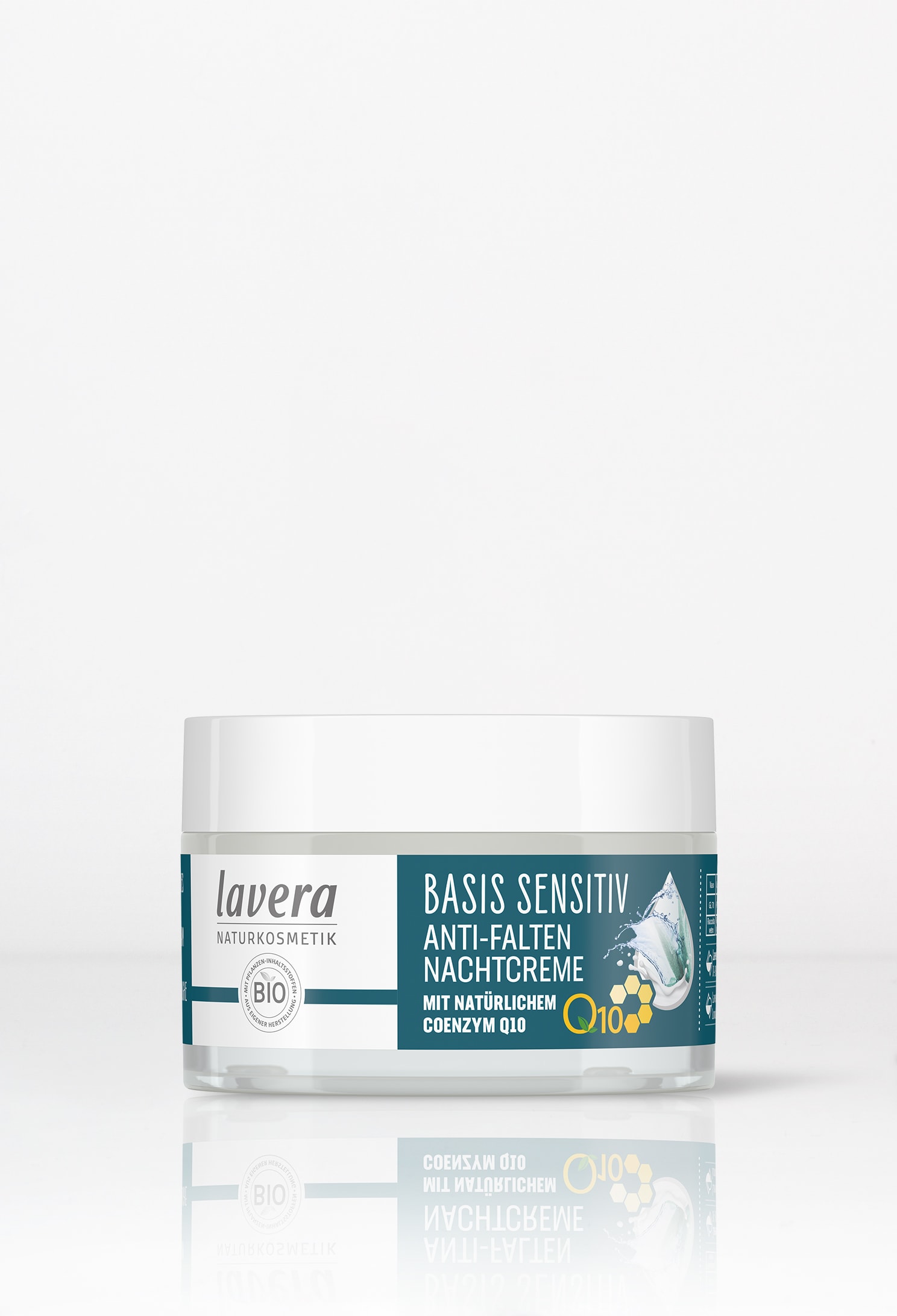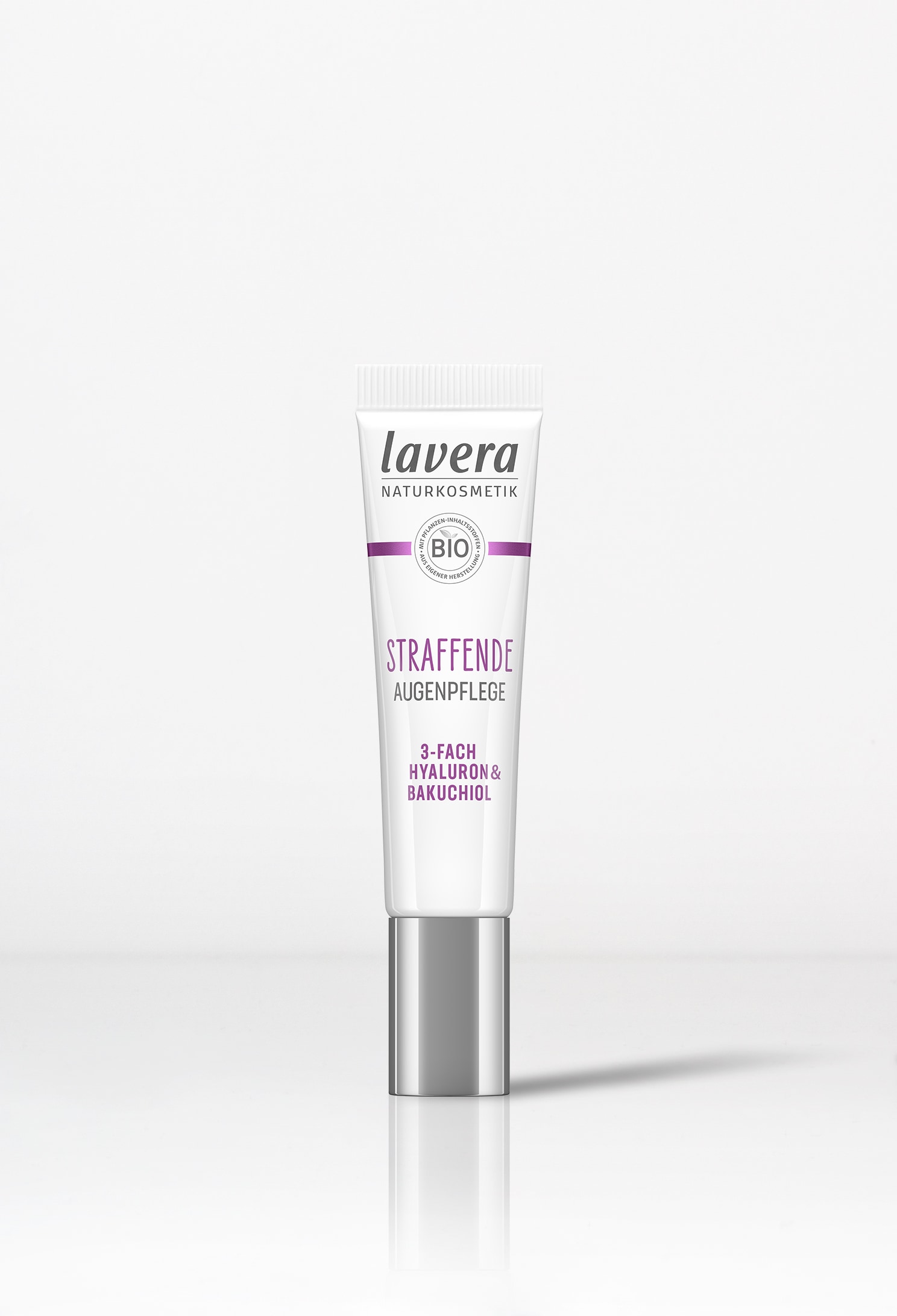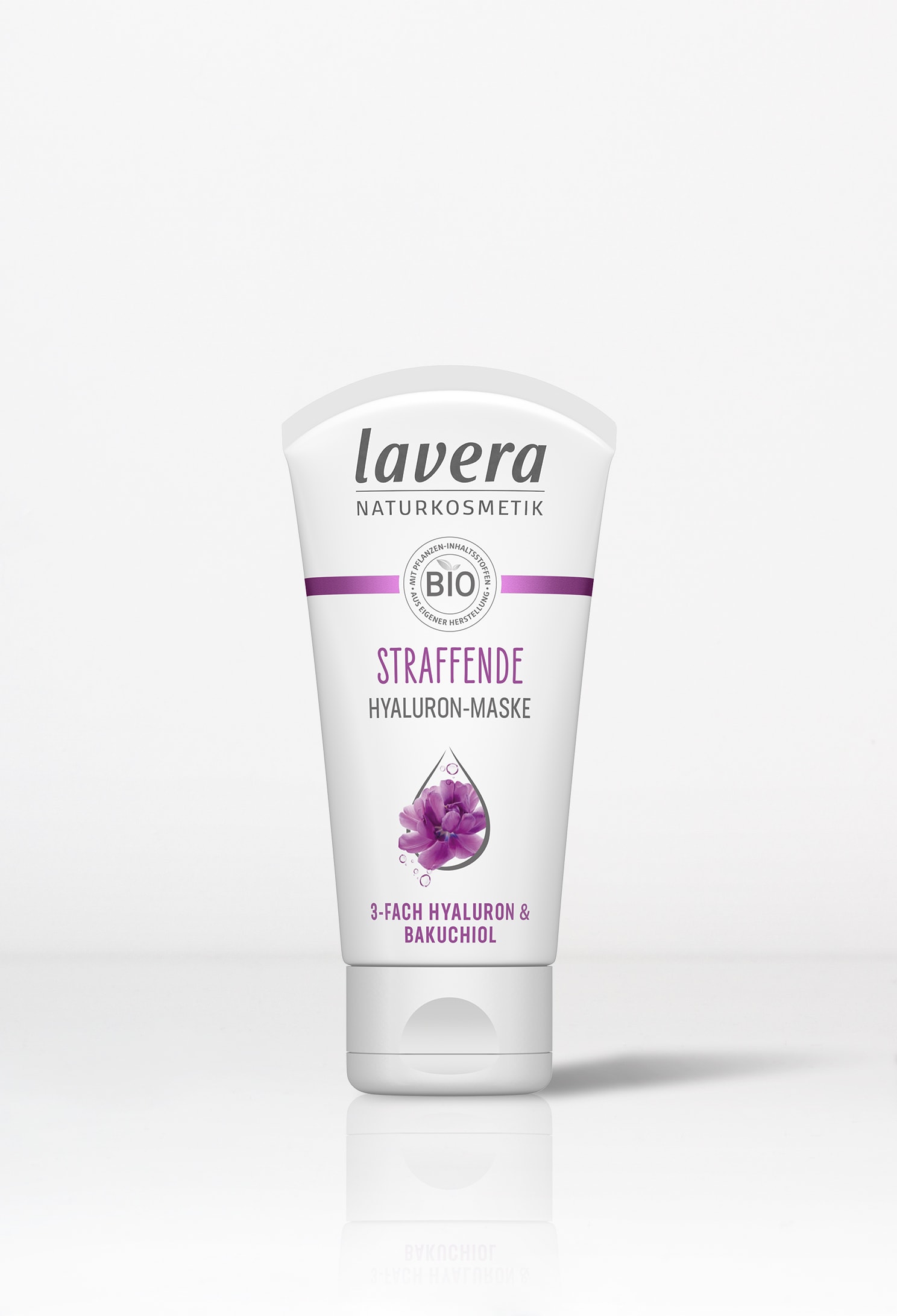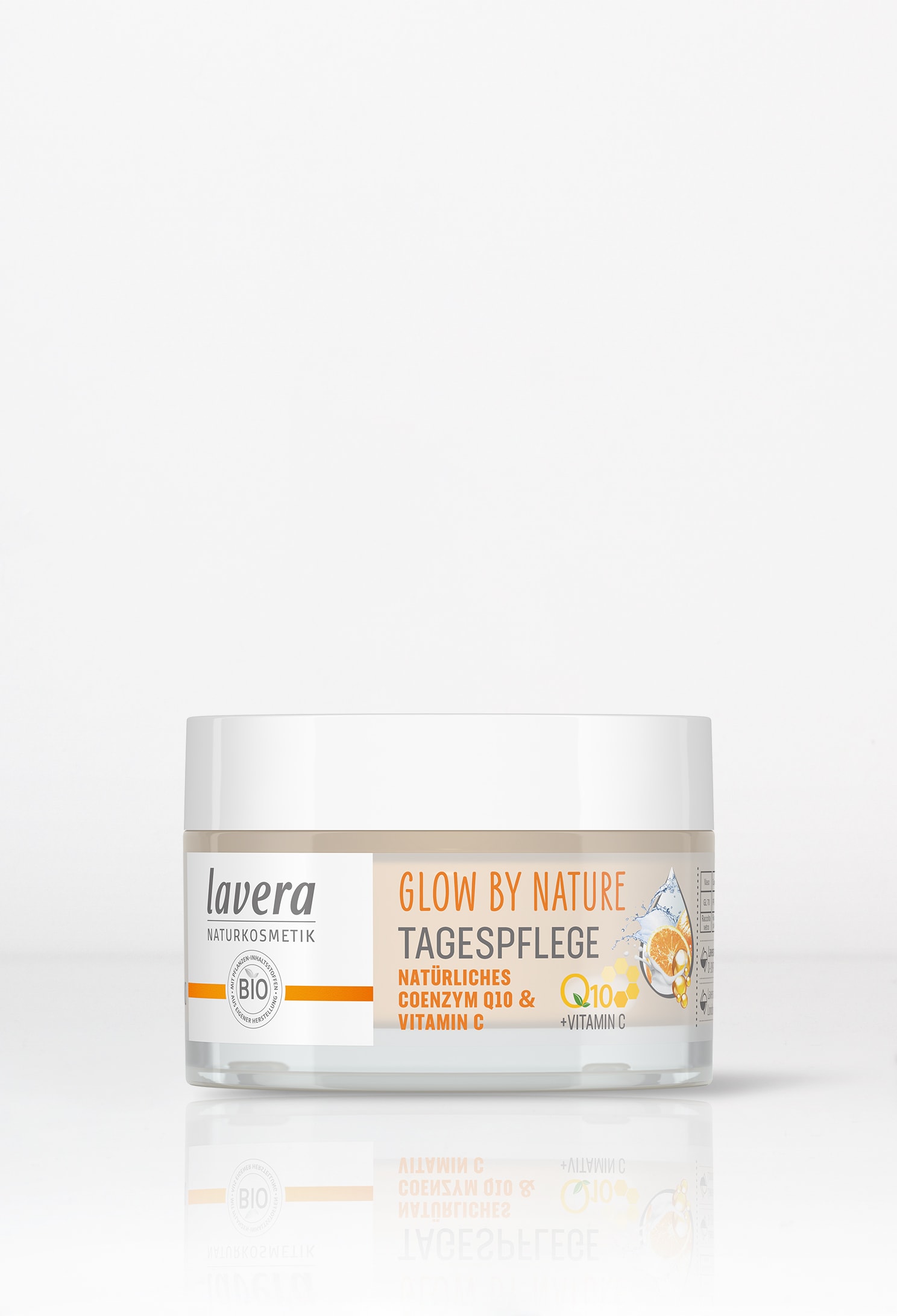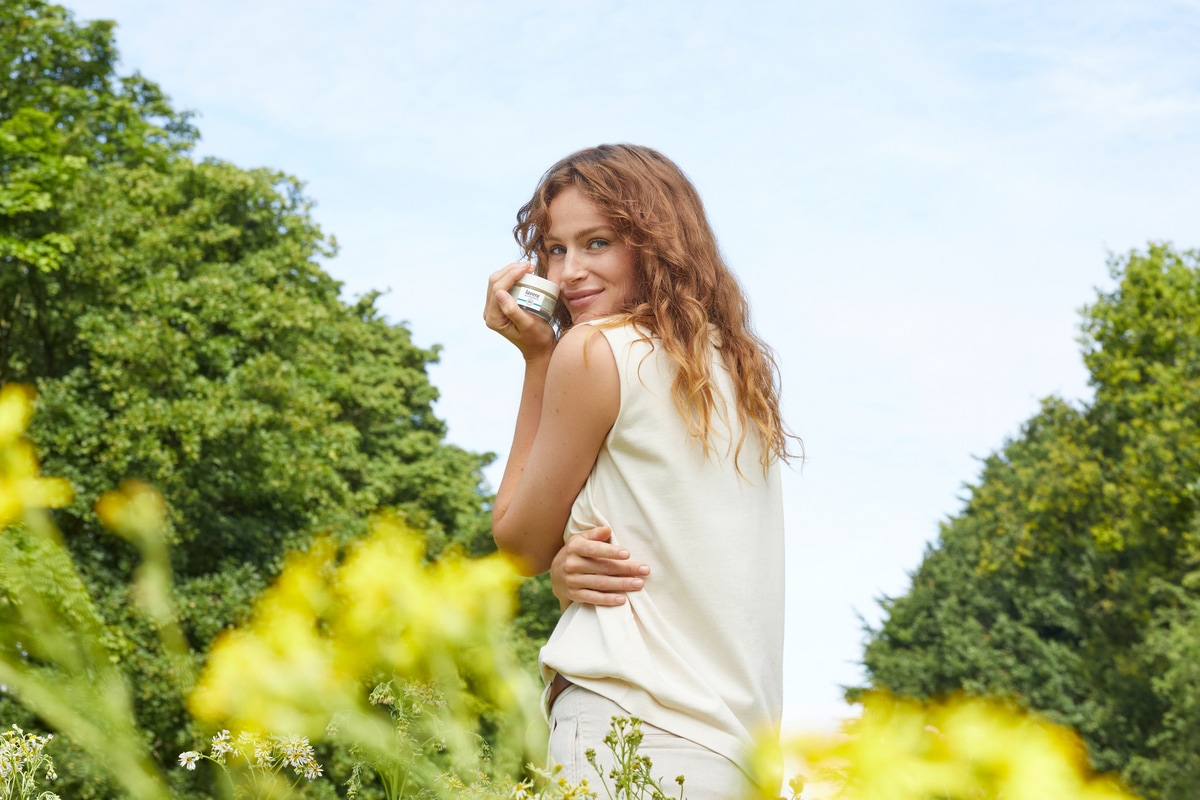

By the age of 30, our skin begins to show noticeable changes and signs of ageing. Collagen plays an important part in this process. Collagen is one of the most important structural proteins in the human body. It is largely responsible for the firmness, elasticity and structure of the skin, but as we age, collagen production decreases and its structure is altered. This means that fewer and fewer new collagen fibres are formed, and that what is left is less effective at binding water. As a result, the skin loses some of its firmness and elasticity, which leads to wrinkles.
Free radicals too can play a role in premature skin ageing. Free radicals are highly reactive molecules or atoms that can be harmful in excessive amounts. When they encounter collagen fibres, they can attack them and damage their structure. Free radicals can also inhibit collagen production. They are caused by UV radiation, environmental pollution (air, water, food) and oxidative stress. An increase in these free radicals, combined with the natural, age-related decline in collagen production can alter the texture and look of the skin, e.g. in the form of deep wrinkles, a leathery appearance or pigmentation spots.
Lines can also develop as a result of dry skin. As we age, our sebaceous and sweat glands become less active and the skin produces fewer water-binding, moisturising factors, leaving it less able to retain water and causing it to loses its elasticity, which in turn promotes the development of wrinkles.
Your Anti-Ageing skin care should therefore provide protection against free radicals and replenish your skin's moisture levels.
Sun exposure can contribute to what is known as photoageing). This means that prolonged and/or daily exposure to the sun's UV rays can cause premature ageing through the formation of free radicals, as these can cause the skin to lose its natural elasticity, leading to the formation of wrinkles.
Sleep is not only a time for the body and mind to recharge, but also for the skin to repair itself. Night-time rest allows it to recover from the stresses of the day. Insufficient or restless sleep can cause pale and puffy skin the next morning.
Cigarettes too can speed up the ageing process. Once again, collagen, the protein that supports our connective tissue, is an important factor in this regard. The nicotine in cigarettes destroys the elastic fibres and collagen in the skin. At the same time, tobacco smoke degrades these fibres and slows down collagen production. Smokers are also more prone to wrinkles because their skin contains less water.
Get enough (beauty) sleep
Getting enough sleep is also good for your skin and for your complexion. To ensure you get a good night's sleep, try introducing healthy evening habits into your daily routine: Reduce your screen time on your smartphone or even ban it from your bedroom altogether. Stick to fixed bedtimes, use blackout curtains or a sleep mask, or listen to a relaxing podcast to wind down in the evening.

The right night-time skincare routine
In addition to getting enough quality sleep, you can also help your skin by using the right night-time skin care, as it starts to naturally repair and renew itself while you sleep. During this time, the skin cells divide faster than usual, making your skin more receptive to the active ingredients of your serum and night cream. So, if you're wondering when to use anti-ageing cream, we highly recommend that you do so in the morning and evening.

A good anti-ageing cream contains moisturising ingredients. These can help replenish your skin's natural moisture stores. Ingredients like coenzyme Q10, organic aloe vera, organic seaweed or bakuchiol are also great for maintaining a beautiful, radiant complexion.
A good anti-ageing cream should supply the skin with ingredients it can no longer produce itself in sufficient quantities (e.g. hyaluronic acid, ceramides, collagen). Hyaluronic acid for example is a substance which is responsible for storing moisture in the skin. The hyaluronic acid content of the skin decreases as we age. At the same time, more and more collagen is broken down in the skin.
